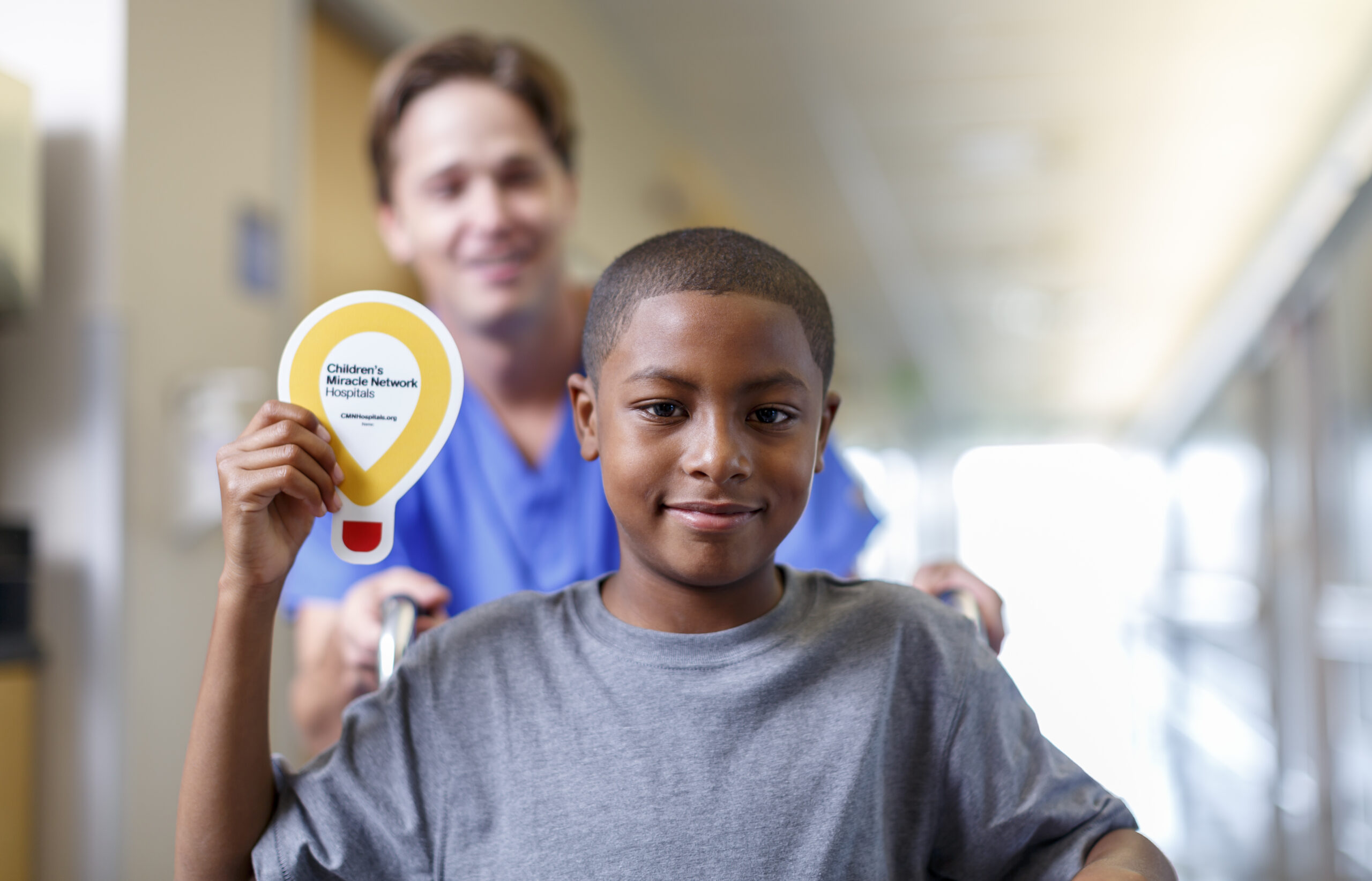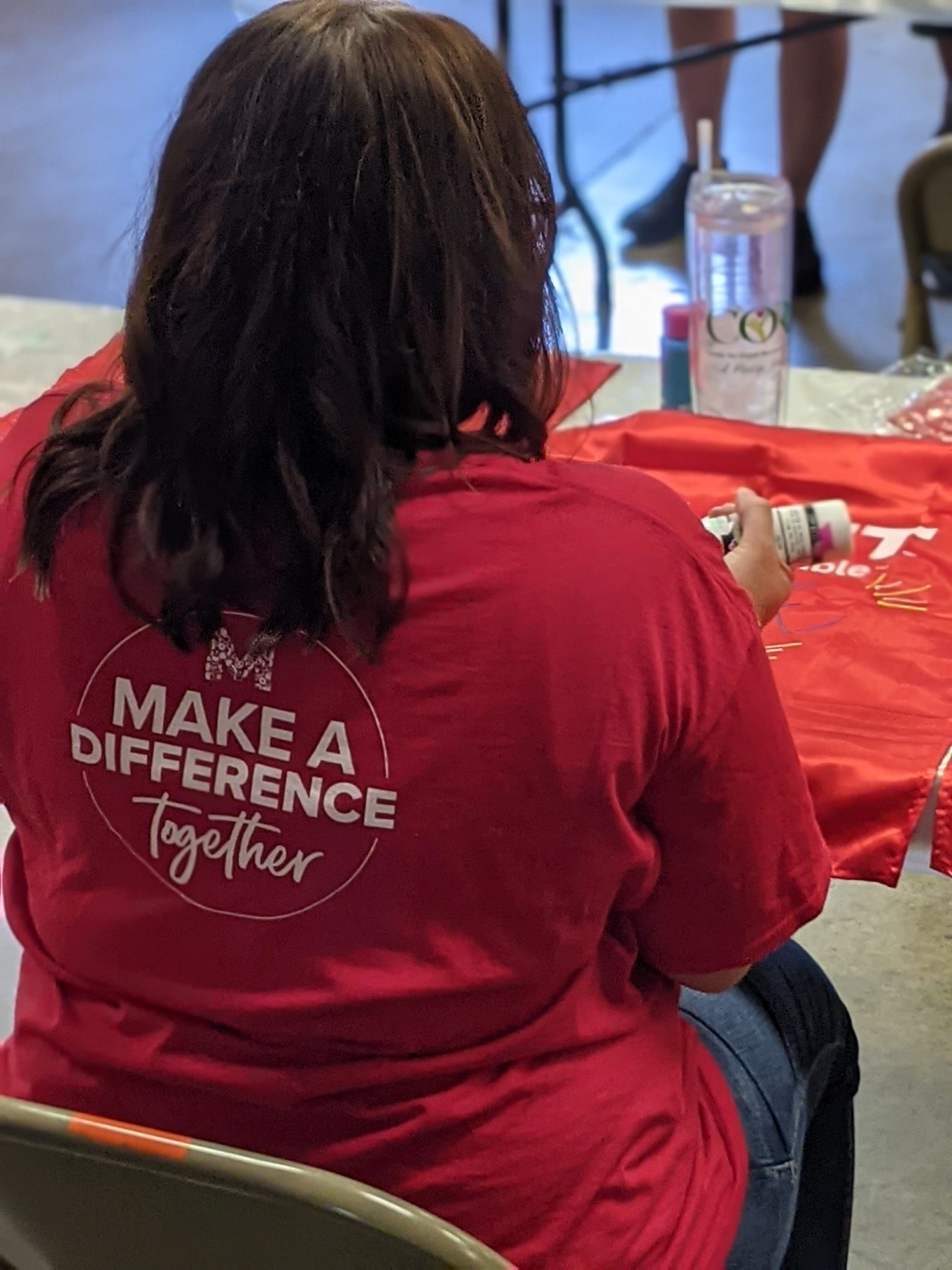Talk to your children about tragedy and disaster

By Dr. Alfred Casale
My granddaughter, Rowan, is going to be 2 at the end of the month. Kate has been sending us pictures every few days, and as I looked back at them, they show an amazing rate of growth and development.
Kids really are remarkable … from a newborn to an active chattering, running, climbing toddler (and my good buddy) in 23 months. Most of the items on my to-do list have been there longer.
This weekend, while Mary and I visited with Andy, Kate and Ro, I thought a lot about how many truly awful things were going on around the country and indeed the world. Between floods, hurricanes, fires, earthquakes, wars, nuclear threats, terrorism, social and political turmoil … one could lose heart.
Protecting our loved ones from not only the actual impact of events but also from the fear and worry they can lead to seems critically important, doesn’t it?
As much as we may want to insulate our kids from tragedy, it can be hard to avoid. Kids hear about terrorism, bombings and other tragedies through the news, social media and their classmates at school. For many parents, a first instinct may be to try and shield kids from the information and not talk about it with them. It’s easy to think that it’s better for kids not to know about something that adults often struggle to understand too.
So is it better to avoid talking to kids about tragedy?
No.
Talking to your kids can reassure them and make them feel safe. By not talking to kids about tragedy, you risk them finding out about it from other sources – increasing the possibility of them misunderstanding the situation and increasing the fear and anxiety they might feel.
As difficult as it is to talk to children about tragedy in the world, it is necessary, according to most experts.
If children find out about a tragic situation and don’t have an open dialogue with their parents about it, it can increase anxiety and stress.
Reassurance from parents can help put the event in perspective and avoid misunderstandings.
Here are 3 tips to help talk to your kids about tragedy:
See what they already understand
Sometimes, kids may already know more than you think. From what they see on TV to what they hear from others, kids may start forming an idea of what happened well before you speak with them.
Talk to your kids and see what they understand already. An important thing is to see if they misunderstood anything about the situation. Clarifying any misunderstandings about the situation can help keep their imagination from running wild.
When talking to smaller children, try to use language that they understand like “good guys” and “bad guys.” Avoid creating an “us and them” mentality.
Help them understand the line between fear and caution
Some events hit kids harder than others. Especially after things like the bombing at the Ariana Grande concert in Manchester, it’s easy for kids to be fearful. Normal events may not seem safe to them anymore.
While it’s good to be cautious, it’s important for kids to understand how unlikely something like that happening to them actually is. No one can completely avoid risks. Use an example like driving a car. Sure, there are risks in driving, but getting into an accident is unlikely if we take all the reasonable precautions.
Exercising a healthy dose of caution is good, but living fearfully is far too limiting.
To help children with fear, try to help them feel in control of the situation. Offer to raise money to donate to the victims of the tragedy through a bake sale or other fundraiser, or collect and send clothing to survivors of natural disasters.
Don’t be afraid to walk away from the TV
Limiting media exposure may seem difficult, but all people need to detox from the news at some point. Help children limit their exposure to media that can show tragic events.
For older children with more access to news, help them understand reliable news sources so that they get the full story. Encourage them to fact-check what they see on social media.
Looking at the news sometimes, it may be easy to conclude that there is a lot of tragedy in the world. Help kids understand that there is tremendous good in the world despite the bad.
For small children, I would recommend very strict limits on media consumption. When children are consuming media, be sure to supervise them and limit what they can see based on how appropriate the content is for their age group. Watch TV as a family to avoid them seeing tragic news by themselves.
So far Ro’s not appearing to be troubled by what’s going on. I know that won’t last, but it’s nice to enjoy it for now.






